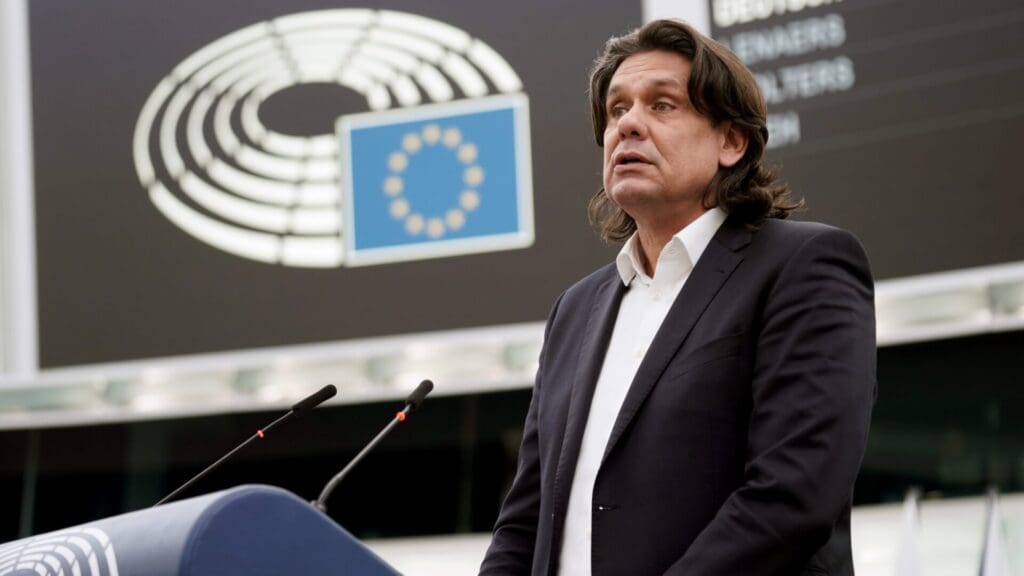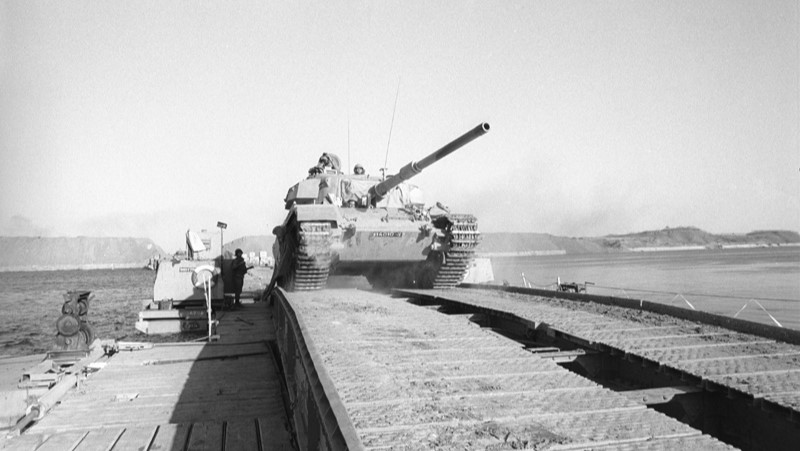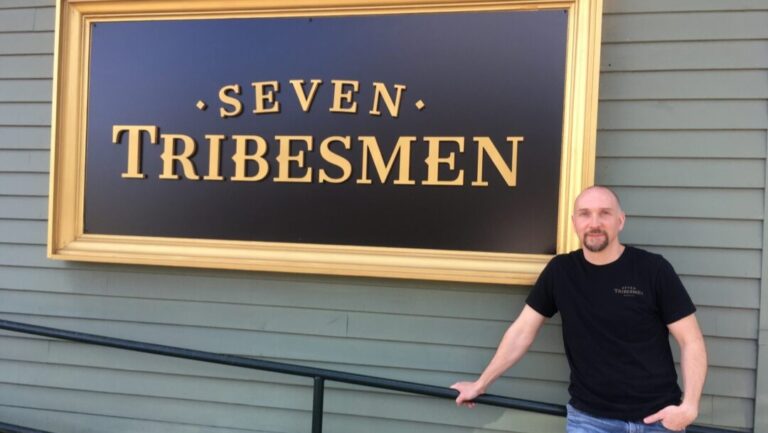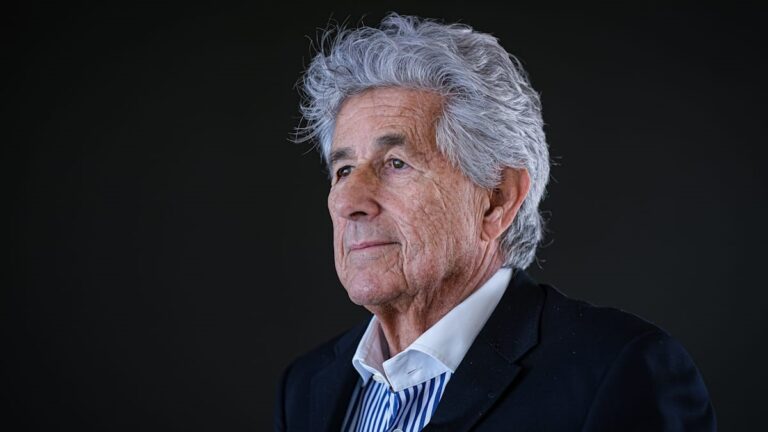For this interview, we sat down with László Bernát Veszprémy, an expert historian, prolific author, and a frequent contributor to our site. His area of expertise is World War II, the Holocaust, and antisemitism, but we have touched on some other subjects in the discussion as well.
***
You have studied Holocaust and Genocide studies at the University of Amsterdam. Do you see any differences in the ways this period of history is taught in Hungary compared to the Netherlands?
I don’t know about any place in Hungary where Holocaust and Genocide studies are taught, which is something we greatly lack, I hope we will have such a programme someday. I know there are universities where there are courses on the subject. Evidently, at the University of Amsterdam, while it is indeed an institution of great quality, and I am very grateful for the opportunities they gave me, this ‘woke’ ideology—which was not called ‘woke’ back then—was already present at the time. I mean, this woke way of thinking: the teachers were generally afraid of their students, and the students were involved in political activism. Needless to say, there were classes where you had to declare your preferred pronouns at the start.
I also found it strange that, in the course titled ‘Opposition to Fascism’, we were taught about Lenin and [Hungarian communist leader] Béla Kun as positive examples. We never found out where fascism was in 1917, though… But we could not ‘harass’ the teachers with questions like that.
In your book Migration and Antisemitism in the West, you have also written about antisemitism emerging in leftist political circles again. Could you elaborate on that a bit?
This phenomenon has a deep tradition. In Stalinist Soviet Union, the leadership originally supported the new state of Israel, however, when it became clear that Israel would be part of the Western world and an ally to the United States, they ended up on opposite sides with Israel in the Cold War. They supported Palestinian terrorism. We know that part of the Palestine national myths were created by the KGB.

This stance had seeped into Hungary, too. During the Rákosi and Kádár eras, the Hungarian state was completely anti-Israel. The anti-Zionism of the left, which I believe is basically antisemitism, has its traditions, and it seems that it’s being resurrected these days. This is quite lazy intellectually, but I’m sure the masses of migrants who are being let into the West appreciate the ideology.
The resurgence of antisemitism on the left has also been attributed to the fact that according to the woke ideology, Muslims are an oppressed minority. In their worldview, the Jewish state of Israel is oppressing the Muslims. Is that true?
Yes,
there is a theory that purports that the Muslims are the ‘new Jews’, or the Arabs are the new Jews.
This also suggests that Jews could only be represented as victims, eternal victims, which I think is very belittling towards Jewish history; it oversimplifies it a lot. I don’t like this theory at all, not even as a simile.
However, it is clear that some refugees have horrible fates. We should all feel sorry about these unfortunate people who die on their way to Europe. However, it is not true that a migrant can only be a victim. Muslim-Arab migrants are strongly overrepresented in crime, organized crime, and drug trafficking, as well as in committing antisemitic and homophobic offences. I don’t think we should make a taboo out of this subject, instead, we should discuss it openly.
You have also written a book about the Horthy system in Hungary, with the title 1921.
Yes, I pinpointed the turning point in the Horthy system to this year, when it was determined if this would become the ‘Horthy system’, and not a little ‘intermission’ lasting a year and a half or two years.
Had Horthy not come out victorious against the pro-Habsburg forces after the first, or more so, the second so-called ‘Royal coup’, then Miklós Horthy, too, would have been one of the passing figures in Hungarian history.
Hungarian students would have as much trouble remembering his name for their secondary school history exam as Károly Huszár’s or István Friedrich’s.
This was a very consequential, important year in the history of the Horthy system. Interestingly, it has not been researched that thoroughly until now. In some sense, this was sort of an experiment on my part. It is quite a common practice in the Anglo-Saxon literature to cover the events of a single year to the largest possible extent, as holistically as possible. This book has ecclesiastical history, societal history, political history, and cultural history. I believe this experiment turned out well, and the book’s reception has been very positive, which I’m very pleased about.
About Horthy’s decision to join World War II on the Germans’ side: was it ever remotely thinkable to have Hungary enter the war on the Allied side instead?
This has been a question for a long time, whether there was an alternative for Hungary. It is important not to downplay or deny the responsibility of the Horthy system in certain war crimes, and the Holocaust. My overall view of Horthy is negative. However, we must acknowledge that the discourse about Horthy today is over-politicized, so people usually approach his figure not through facts and archival documents, but through political clichés. I think we should do away with that approach. Regardless of whether the outcome is positive or negative, I believe a historian’s duty is to try to reconstruct what happened through primary sources from the archives, as objectively as possible.
Based on your research, how well can you assess how much of his decision to join on the Germans’ side was based on antisemitic sentiments, anti-communist determinations, or pragmatism, trying to win back land taken away after World War I?
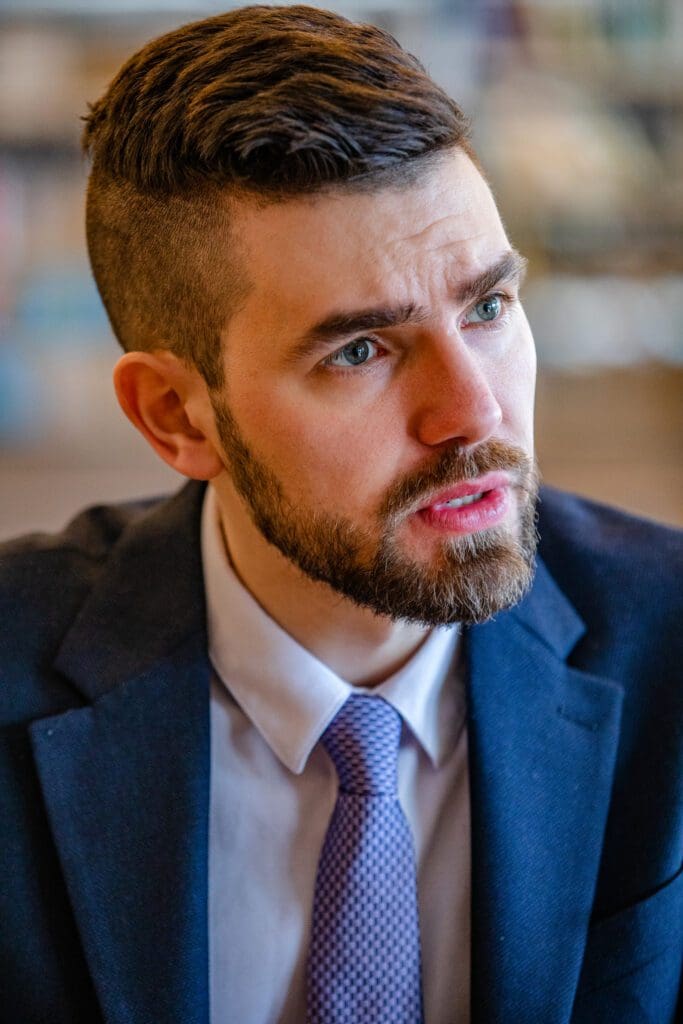
Territorial revisionism was absolutely a part of it. Declaring war on the Soviet Union had nothing to do with antisemitism, that’s a completely different story. Evidently, antisemitism was present in the Horthy system in certain forms from the beginning. I do not believe you can draw a straight line between 1919 and 1944, however. This was an important tenet in the Communist ideology, according to which there was a direct route from Szeged to Siófok, that is, the city where the Horthy system originated and the white terror and ultimately, Auschwitz. I think this is a deterministic, linear view of history that completely overlooks different periods within said system. And, interestingly and ironically, it completely absolves Nazi Germany from its responsibilities in carrying out the Holocaust.
We must acknowledge that without the help of the Hungarian bureaucracy, so many people could not have been deported in 1944. However, pretending that Nazi Germany never invaded Hungary, or that it was occupied Hungary which forced the Holocaust on ‘poor, innocent’ Nazi Germany—I am saying all this because there are historians who make such claims, and they are unfortunately taken seriously by some—is a severe exaggeration.
The last question for you: how good of a job do you think current Hungarian culture and the current Hungarian government do in commemorating the tragedies of the Holocaust?
In fact,
during his first government already, in 2001, PM Orbán made Holocaust remembrance days compulsory to mark in Hungarian schools and financed the renovation of the so-called ‘Hungarian barracks’ in Auschwitz.
During Orbán’s various terms, he has donated considerable sums to the renovations of synagogues not only in Hungary but also in the neighbouring territories, where many Hungarian Jews lived before the Holocaust. Throughout the past few years, Jewish museums (such as the ‘rabbi’s house of Mád’) and cemeteries have been built and rebuilt through Hungarian government funding.
Hungarian foreign policy is consistently pro-Israel. Also, while antisemitism is on a continuous rise throughout Western Europe and reaches alarming levels in the US, Hungarian Jewry, which still constitutes the third largest community in mainland Europe, enjoys a secure existence. Jewish culture, Jewish media, and Jewish faith is flourishing in Hungary. Hungary is also among the few countries where new synagogues and Jewish restaurants keep opening, not closing down. When I was talking to Jewish community leaders in the Netherlands, they all said that Jews have no future in that country. They are telling their youth to move away. I never heard anything remotely like that here in Hungary.
Related articles:



